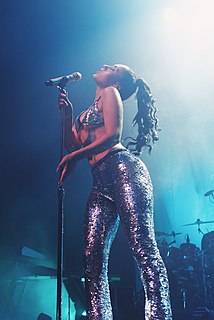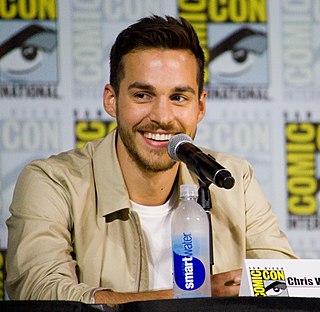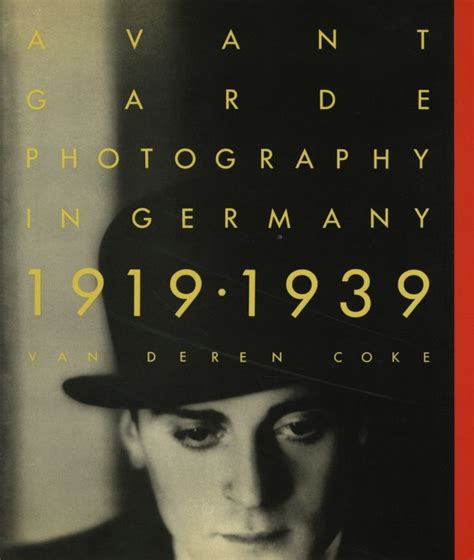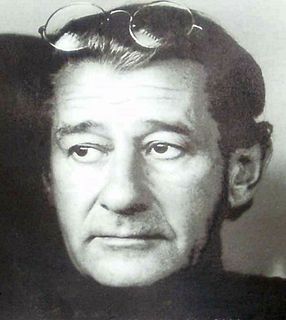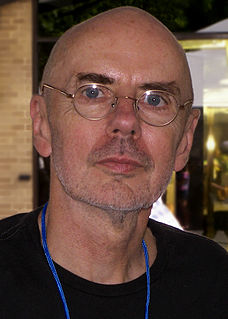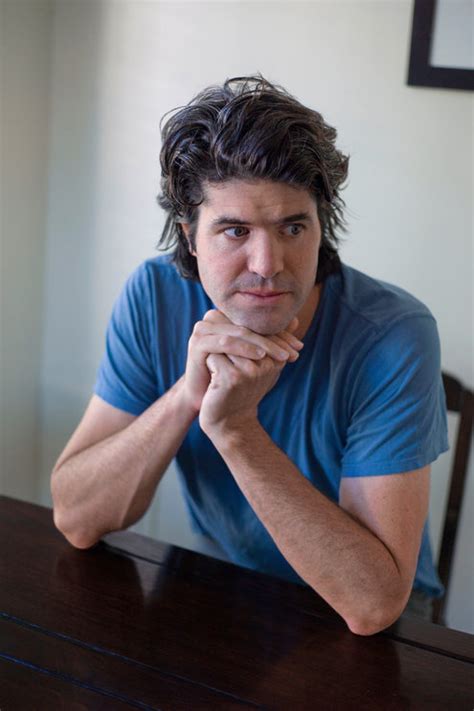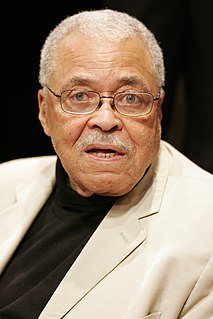A Quote by Pamela Hanson
I went to university in Colorado and studied art history. I did some photography classes there, although it felt really pretentious.
Quote Topics
Related Quotes
I did not know much history when I became a bombardier in the U.S. Air Force in World War II. Only after the War did I see that we, like the Nazis, had committed atrocities... Hiroshima, Nagasaki, Dresden, my own bombing missions. And when I studied history after the War, I learned from reading on my own, not from my university classes, about the history of U.S. expansion and imperialism.
...it is pretentious for photographers to believe that their pictures alone change things. If they did, we wouldn't be besieged by war, by incidents of genocide, by hunger. A more realistic assessment of photography's value is to point out that it is illustrative of what's going on, that it provides a record of history, that photographs can prompt dialogue.
I had decent but not great grades in high school because I was highly motivated in some subjects, like the arts, drama, English, and history, but in math and science I was a screw-up. Wooster saw something in me, and I really flourished there. I got into theatre, took photography and painting classes.

